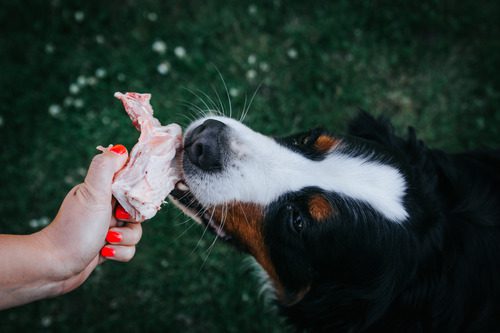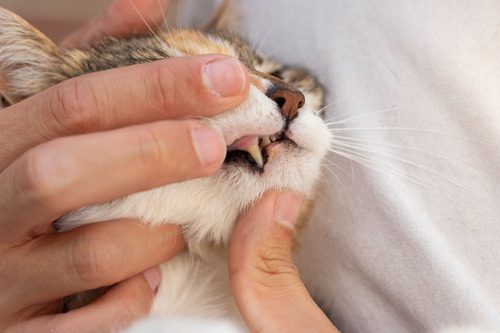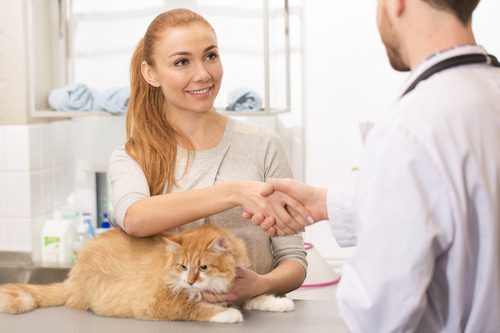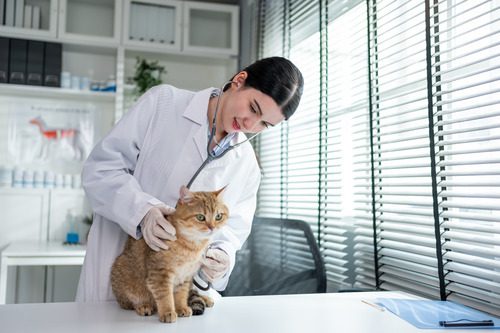Can Dogs Eat Turkey Bones?
Thanksgiving and holiday feasts often include a delicious turkey as the centerpiece. As you prepare and enjoy these meals, your dog might be eyeing the table, hoping for a bite. A common question pet owners have is: can dogs eat turkey bones? While it may seem harmless to share a small piece of your feast with your dog, it’s important to understand the potential risks and dangers involved. In this blog, we will explore why turkey bones can be harmful to dogs, what to do if your dog accidentally eats one, and safe alternatives for treating your pet during the holidays.

Why Are Turkey Bones Dangerous?
Cooked turkey bones, in particular, become brittle and can easily splinter. When a dog chews on these bones, sharp fragments can break off and cause serious injuries. These splinters can lead to:
- Mouth Injuries: Sharp bone fragments can puncture or cut a dog’s gums, tongue, and cheeks.
- Esophageal Damage: Splinters can lodge in the esophagus, causing pain and potential blockages.
- Gastrointestinal Issues: Bone fragments can puncture the stomach or intestines, leading to severe internal injuries and infections.
Potential Choking Hazard
Larger bones can become lodged in a dog’s throat, obstructing their airway and causing them to choke. This can lead to a life-threatening emergency if not promptly addressed.
Risk of Digestive Blockages
These blockages occur when bone fragments obstruct the intestines, preventing normal digestion and causing severe discomfort. Symptoms of a blockage include vomiting, lethargy, and difficulty passing stool. If you notice these signs, contact Cornerstone Veterinary Hospital of Clifton Park immediately at (518) 383-6254.
What to Do If Your Dog Eats a Turkey Bone
If your dog manages to get hold of a turkey bone, here are the steps you should follow:
- Stay calm, since panicking can distress your dog further.
- Ensure there are no additional bones within your dog’s reach.
- Monitor your dog closely for signs of choking, distress, or pain.
When to Contact Cornerstone Veterinary Hospital of Clifton Park
If you observe any symptoms of discomfort or suspect that your dog has swallowed a bone, contact your veterinarian immediately. Call Cornerstone Veterinary Hospital of Clifton Park at (518) 383-6254 for professional guidance. Watch for the following symptoms:
- Persistent coughing or gagging
- Drooling excessively
- Signs of pain when touching the abdomen
- Vomiting or diarrhea
- Lethargy or loss of appetite
Safe Alternatives for Treating Your Dog
Dog-Friendly Thanksgiving Treats
Offer small, boneless, and skinless pieces of cooked turkey meat. Ensure it is free from seasoning, butter, and onions. Plain, cooked vegetables like carrots, green beans, and sweet potatoes are also excellent choices for a pet-friendly alternative. Canned pumpkin (without added spices) is another nutritious treat and aids digestion.
Store-Bought Chews
Look for chews made from durable materials and those specifically designed to promote dental health.
Homemade Dog Treats
Consider making homemade dog treats using dog-safe ingredients. Recipes can include ingredients like peanut butter, oats, and pumpkin. This way, you can ensure that your pet enjoys a treat that is both delicious and safe.
Preventing Access to Unsafe Foods
- Educate Family and Guests: During holiday gatherings, inform family members and guests about the dangers of feeding dogs turkey bones. Make sure everyone knows what foods are safe and which are harmful to your pet.
- Secure Trash and Leftovers: Ensure that trash bags are secured and leftovers are promptly stored out of your dog’s reach. Dogs are known for their scavenging abilities, and they may rummage through garbage to find bones.
- Supervise Your Dog: Keep a close eye on your dog during meal preparations and family gatherings. Supervising your pet can help prevent accidental ingestion of harmful foods and ensure they stay safe.
If you ever find yourself in a situation where your dog has ingested a turkey bone or any other potentially harmful item, seek veterinary care immediately. At Cornerstone Veterinary Hospital of Clifton Park, our team is ready to assist you with any pet emergencies. Call us at (518) 383-6254 for prompt and professional care.
Recent Posts
My Cat Lost a Fang Tooth: What Do I Do?
My Cat Lost a Fang Tooth: What Do I Do? It’s always a little jarring to discover…
FHO Surgery in Cats
FHO Surgery in Cats When a cat experiences hip pain that limits movement and quality of life,…
Can Cats Get Parvo?
Can Cats Get Parvo? Parvo is a word that strikes fear into the hearts of many dog…
About Us
Originally opened as Animal Care Hospital by Dr. Mark Johnston in 1989, the hospital became Cornerstone Veterinary Hospital in 2015 when it was purchased by Drs. Alan and Lisa Knott. The name 'Cornerstone' holds a special place in their hearts, representing not only their Christian faith but also their commitment to being the cornerstone of the community in which they practice. As a family-owned and operated practice, every pet is treated as part of the family, ensuring they receive the highest standard of care. The team at Cornerstone Veterinary Hospital is dedicated to building lasting relationships with clients and their beloved pets, striving to be the cornerstone of the community in which they practice.



